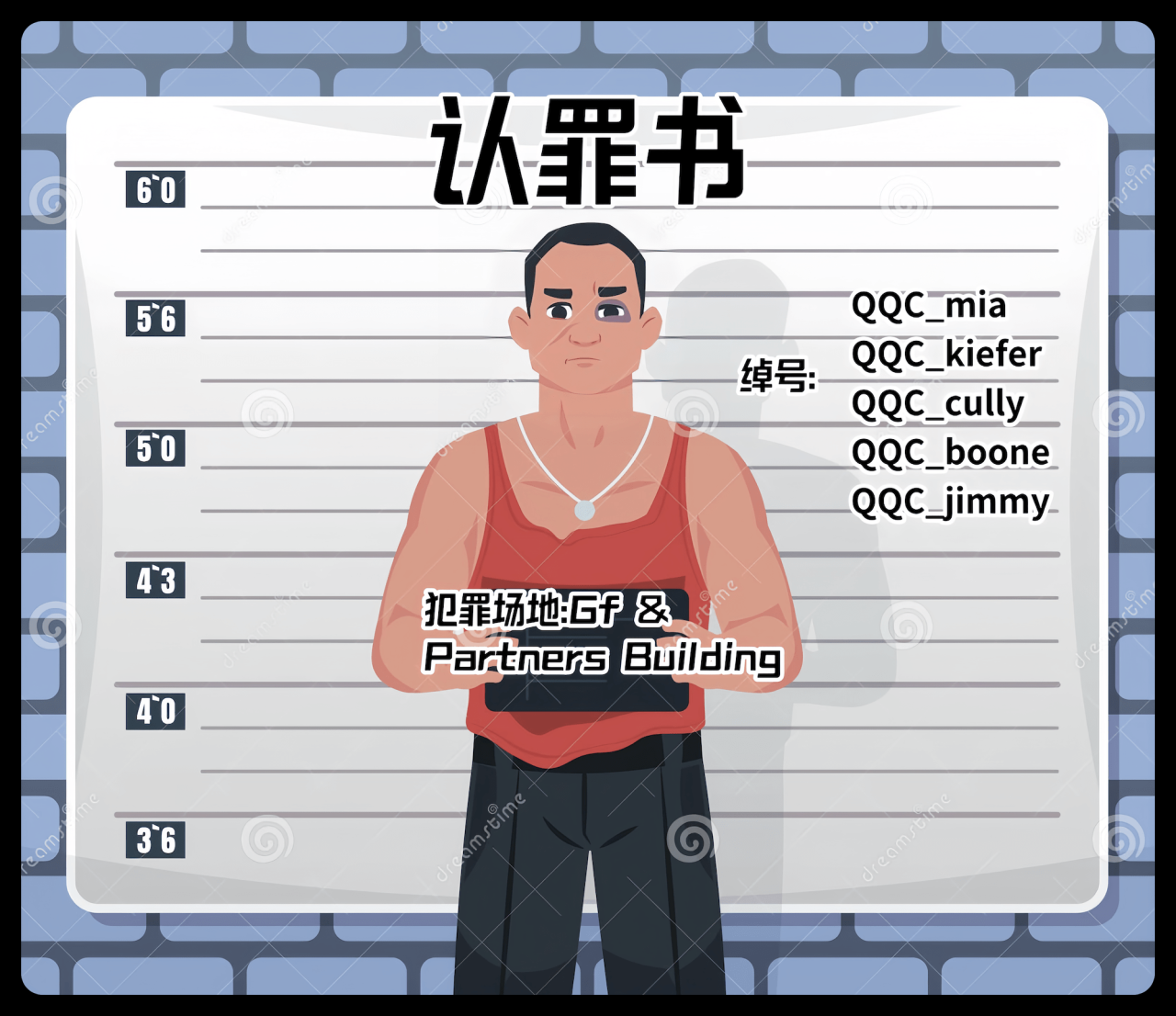All of the following suffixes mean pertaining to except – In the tapestry of language, suffixes play a pivotal role in shaping meaning and conveying nuances. Among these suffixes, a select group stands out, carrying the specific connotation of “pertaining to exceptions.” This article delves into the intricacies of these suffixes, exploring their usage, exceptions, historical evolution, and cultural variations, offering a comprehensive understanding of their linguistic significance.
Suffixes Pertaining to Exceptions

Suffixes are morphemes that are added to the end of words to change their meaning or part of speech. In English, there are a number of suffixes that can be used to indicate that a word is related to an exception.
These suffixes include “-able”, “-ible”, “-ive”, and “-less”.
The suffix “-able” is used to form adjectives that mean “able to be done” or “worthy of being done”. For example, the word “breakable” means “able to be broken”, and the word “lovable” means “worthy of being loved”.
The suffix “-ible” is used to form adjectives that mean “capable of being done” or “likely to happen”. For example, the word “visible” means “capable of being seen”, and the word “possible” means “likely to happen”.
The suffix “-ive” is used to form adjectives that describe something that is characterized by a particular quality or characteristic. For example, the word “active” describes something that is characterized by activity, and the word “creative” describes something that is characterized by creativity.
The suffix “-less” is used to form adjectives that mean “without” or “lacking”. For example, the word “homeless” means “without a home”, and the word “powerless” means “lacking power”.
Usage and Examples
| Word | Suffix | Meaning | Example Sentence |
|---|---|---|---|
| breakable | -able | able to be broken | The glass vase is very breakable. |
| visible | -ible | capable of being seen | The stars are visible in the night sky. |
| active | -ive | characterized by activity | The child is very active. |
| homeless | -less | without a home | The homeless man begged for money on the street. |
Exceptions to the Rule
- The suffix “-less” can also be used to form nouns that mean “a lack of something”. For example, the word “hopelessness” means “a lack of hope”.
- The suffix “-ive” can also be used to form nouns that mean “a state or condition”. For example, the word “creative” can also be used as a noun to mean “a state of creativity”.
Historical Evolution
The suffixes “-able”, “-ible”, “-ive”, and “-less” have all been used in English for centuries. The suffix “-able” is derived from the Old English suffix “-aebel”, which had a similar meaning. The suffix “-ible” is derived from the Latin suffix “-ibilis”, which also had a similar meaning.
The suffix “-ive” is derived from the Latin suffix “-ivus”, which was used to form adjectives that described something that was characterized by a particular quality or characteristic. The suffix “-less” is derived from the Old English suffix “-leas”, which meant “without”.
Cultural and Linguistic Variations, All of the following suffixes mean pertaining to except
The suffixes “-able”, “-ible”, “-ive”, and “-less” are used in a variety of languages, but they can have different meanings in different languages. For example, in Spanish, the suffix “-able” is used to form adjectives that mean “able to do something”, while in French, the suffix “-ible” is used to form adjectives that mean “capable of being done”.
Expert Answers: All Of The Following Suffixes Mean Pertaining To Except
What is the primary function of suffixes in language?
Suffixes are grammatical morphemes that are added to the end of words to modify their meaning or grammatical function.
Can you provide an example of a word that includes a suffix indicating an exception?
The word “exceptional” contains the suffix “-al,” which indicates that it pertains to or constitutes an exception.
Are there any exceptions to the rule that these suffixes always indicate “pertaining to exceptions”?
Yes, there are a few exceptions, such as the suffix “-ment” in the word “monument,” which does not convey the notion of an exception.


